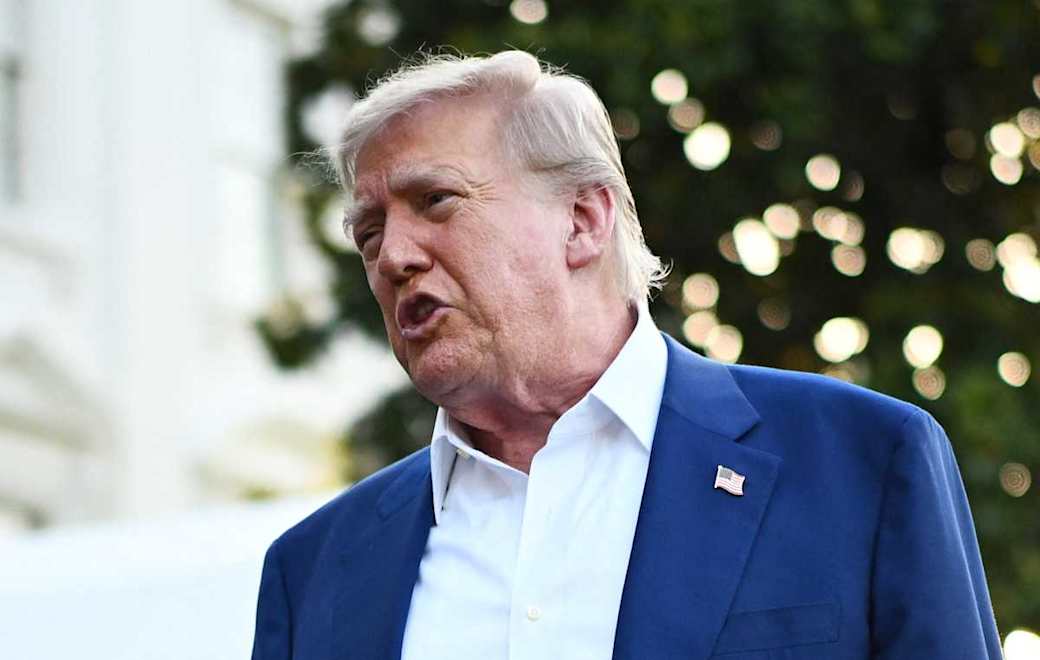Israel-Iran Ceasefire Holds After Trump’s Rant
A tenuous ceasefire between Israel and Iran, brokered by the United States, appears to be holding as of Wednesday afternoon, despite a heated outburst from President Donald Trump accusing both nations of undermining the agreement. The truce, which halted a 12-day conflict sparked by U.S. and Israeli strikes on Iran’s nuclear facilities, has brought a cautious calm to the region, though violations and mutual accusations threaten its stability.
Ceasefire Under Pressure
The ceasefire, announced Monday evening, followed U.S. airstrikes on Iran’s Fordo, Natanz, and Isfahan nuclear sites and Israeli attacks on military targets in Tehran. Iran retaliated with missile strikes on Israeli cities and the U.S. Al Udeid Air Base in Qatar, raising fears of a broader war. On Tuesday, Trump accused Israel of conducting post-ceasefire strikes and Iran of launching missiles, claims Tehran denied. “Both sides need to stop acting foolish, or they’ll regret it,” Trump said in a fiery White House press conference, using strong language to chastise the belligerents.
By Wednesday, both nations appeared to recommit to the truce. Israel lifted its state of emergency, reopening schools and airspace, while Iran resumed civilian flights and scaled back military drills. The U.S. reported no further attacks on its assets, and Qatar confirmed no additional strikes on Al Udeid after Tuesday’s barrage.
Conflicting Claims on Damage
Israeli Prime Minister Benjamin Netanyahu claimed the strikes “decimated” Iran’s nuclear program, asserting that Fordo and Natanz were “effectively destroyed.” However, a U.S. intelligence assessment, cited by Reuters, suggested the damage may delay Iran’s nuclear capabilities by only six to twelve months, contradicting Trump’s claim that the facilities were “wiped out.” Iran’s President Masoud Pezeshkian called the ceasefire a “victory for peace” but vowed to rebuild its nuclear infrastructure, insisting it is for civilian purposes.
Iran reported 606 deaths from the combined U.S.-Israeli strikes, including 78 in Tehran alone, per the Health Ministry. Activist groups estimate the toll could exceed 1,000, with significant civilian casualties. In Israel, Iranian missile attacks killed 28 people, including four in Tel Aviv, marking a rare breach of its Iron Dome defenses.
Global Relief and Economic Stabilization
The ceasefire has eased global fears of a regional conflagration. Brent crude oil prices fell 5% on Wednesday, reflecting reduced concerns over disruptions in the Strait of Hormuz, through which 20% of global oil flows. Global stock markets, including the FTSE 100 and S&P 500, saw gains, with investors optimistic about the truce’s durability.
Qatar and Egypt, key mediators, are pushing to leverage the ceasefire to restart stalled Gaza talks between Israel and Hamas. The United Nations Security Council praised the truce but urged all parties to avoid provocations. Russia and China reiterated criticism of U.S. and Israeli actions, while UK Prime Minister Keir Starmer called for renewed JCPOA nuclear talks with Iran.
Trump’s Diplomacy and Criticism
Trump has claimed credit for the ceasefire, calling it a “tremendous achievement” that “saved the Middle East from disaster.” Republican supporters, including Sen. Tom Cotton, renewed calls for Trump to be nominated for a Nobel Peace Prize. However, Democrats, including House Speaker Nancy Pelosi, criticized Trump’s initial strikes as “reckless,” arguing they provoked Iran’s retaliation.
Iran’s Foreign Minister Abbas Araghchi, speaking in Ankara, expressed willingness to discuss nuclear limits but demanded guarantees against further attacks. Israel, meanwhile, remains on high alert, with Netanyahu warning that any Iranian violation would prompt a “swift response.”
A Fragile Peace
The ceasefire’s success hinges on mutual restraint, a challenge given deep mistrust. Iran’s IRGC conducted limited drills on Wednesday, signaling readiness to respond, while Israel bolstered air defenses along its northern border. “This truce is a pause, not a resolution,” said Dr. Lina Khatib of the Middle East Institute. “Without clear terms and enforcement, it could collapse quickly.”
As the region holds its breath, the international community is pressing for diplomacy to address Iran’s nuclear ambitions and prevent further escalation. For now, the ceasefire offers a glimmer of hope, but the path to lasting stability remains fraught with uncertainty.
